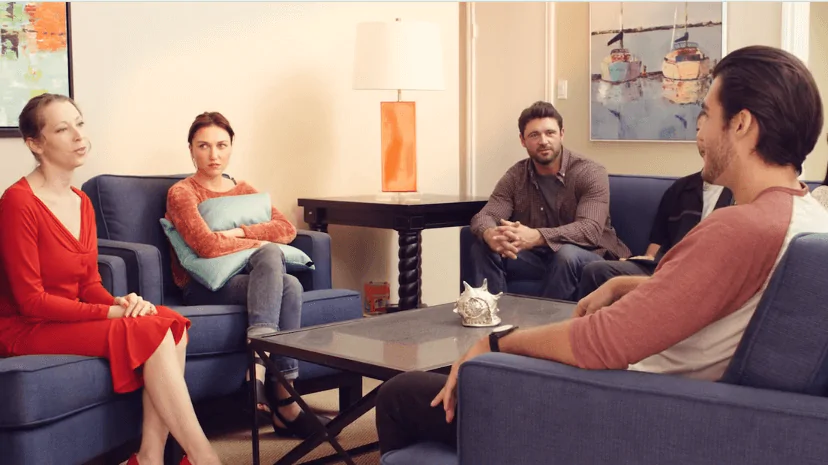24/7 Helpline:
(866) 899-111424/7 Helpline:
(866) 899-1114
Learn more about Opioid Rehab centers in Okemah
Opioid Rehab in Other Cities

Creoks Mental Health Services
Creoks Mental Health Services is a private rehab located in Okemah, Oklahoma. Creoks Mental Health S...
























Other Insurance Options

State Farm

Group Health Incorporated

Sliding scale payment assistance

PHCS Network

Holman Group

BlueShield

Private insurance

Aetna

EmblemHealth

Horizon Healthcare Service

CareSource

Medical Mutual of Ohio

UMR

Carleon

Optima

Optum

Anthem

Regence

AllWell

Self-pay options